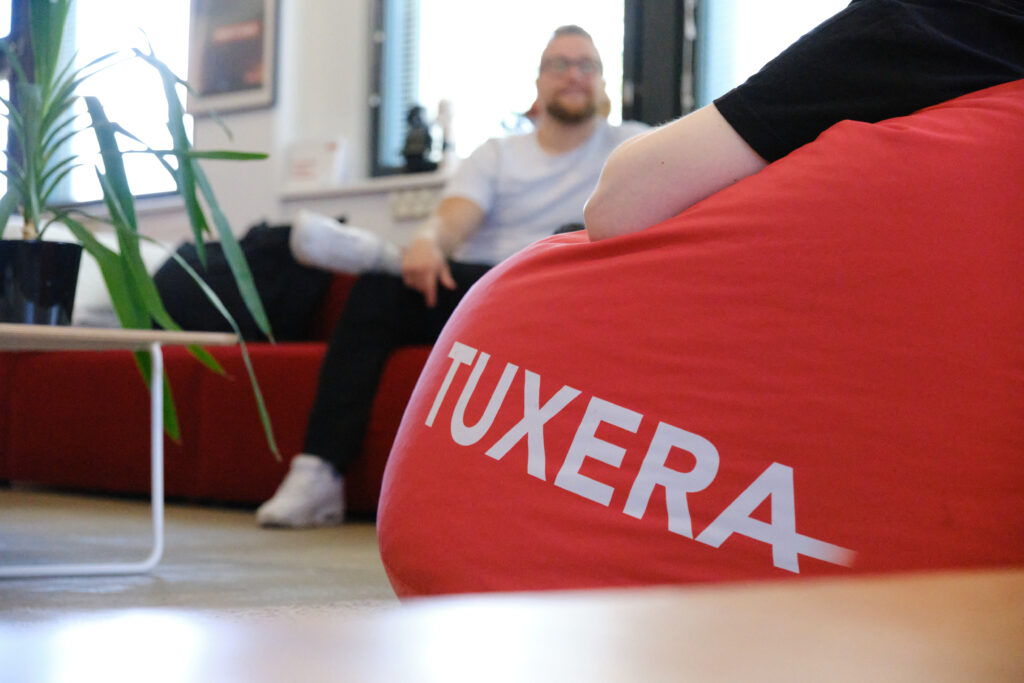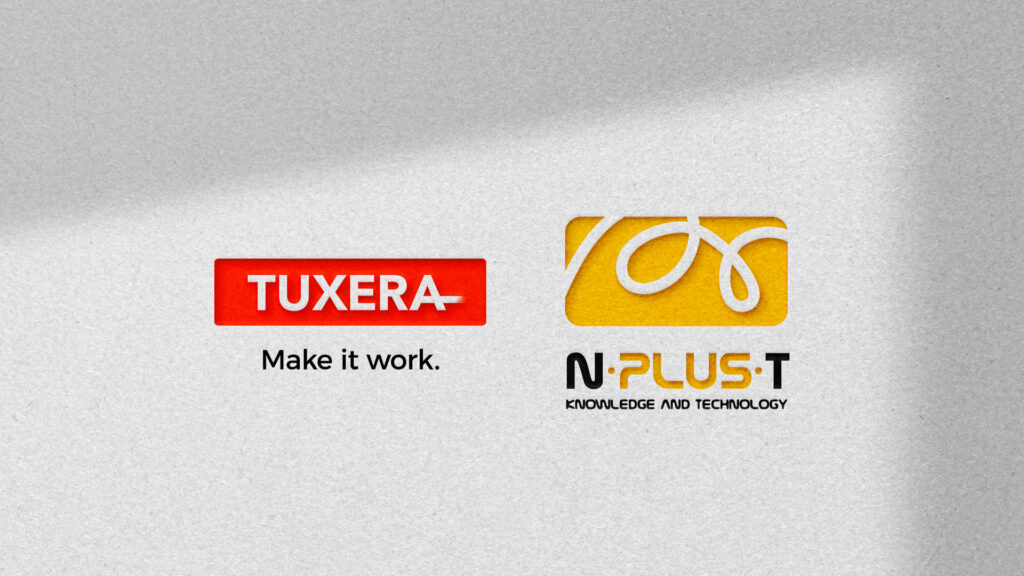The EU Cyber Resilience Act – What is it, and how can Tuxera help you comply?
The EU Cyber Resilience Act (CRA) came into force in December 2024 and its main requirements will apply from December 2027 – a little over two years from now. What…
We are here to help
Have a question or need guidance? Whether you’re searching for resources or want to connect with an expert, we’ve got you covered. Use the search bar on the right to find what you need.


Tuxera NitroFS
Product overview
Tuxera NitroFS™ is a transactional file system that protects both metadata and user data from corruption through copy-on-write design. Run your applications at top speed while ensuring your data stays intact. Our file system works with all embedded flash memory types, like eMMC, UFS, and SSD. Paired with Tuxera FlashFX Tera, it works on top of any NAND or NOR device.


Control exactly when your data gets committed to disk. Our Dynamic Transaction Point™ technology lets you control the timing based on your specific needs. This helps optimize write patterns, reduce write amplification, and extend the lifetime of your flash media.
Prevent data corruption with a design that never corrupts your data. This approach ensures consistent mount times and complete user data integrity. After power interruptions, your applications will instantly return to a “known good state,” without journal replays or disk checks during reboot.
Catch hidden data corruptions that standard file systems might miss. Our verification system uses an advanced tree structure. This advanced approach flags potential issues before they cause failures, giving you early warnings of media problems that typically go undetected until it’s too late.



“We successfully completed our lifespan testing simulating more than 20 years of our product use with over 1.2 billion SQLite3 database write transactions. The excellent support [they] provided us during the selection process helped cement…
“The solution products have been very beneficial in achieving these challenging requirements. The product behaved as required. The close cooperation between our local development team, the Datalight* support team and Logic Technology during the entire…
“We successfully completed our lifespan testing simulating more than 20 years of our product use with over 1.2 billion SQLite3 database write transactions. The excellent support [they] provided us during the selection process helped cement…
“The solution products have been very beneficial in achieving these challenging requirements. The product behaved as required. The close cooperation between our local development team, the Datalight* support team and Logic Technology during the entire…
“We successfully completed our lifespan testing simulating more than 20 years of our product use with over 1.2 billion SQLite3 database write transactions. The excellent support [they] provided us during the selection process helped cement…
“The solution products have been very beneficial in achieving these challenging requirements. The product behaved as required. The close cooperation between our local development team, the Datalight* support team and Logic Technology during the entire…
We are here to help
Have a question or need guidance? Whether you’re searching for resources or want to connect with an expert, we’ve got you covered. Use the search bar on the right to find what you need.

Suggested content for:
Your mission-critical systems demand uncompromising reliability. Tuxera products mean absolute data integrity. We specialize in file systems, software flash controllers, and secure networking and connectivity solutions. We are the perfect fit for data-intensive, mission-critical workloads. Using Tuxera’s time-proven solutions means that your data is safe and secure – always.
Our solutions are trusted by major brands worldwide. When you need reliable, scalable, and lightening-fast data access and transfer across any system or device, Tuxera delivers. Our track record speaks for itself. We’ve been in this business for decades with a clear mission: to be the partner you can trust. Read on to find out more.
From satellites to smart meters, our software protects critical data and ensures seamless connectivity wherever mission-critical systems operate.
We couldn’t find any matching results. Please try searching with different keywords or browse our popular tags below.
The perfect solution for your industry
NitroFS is ideal for managing mission-critical data where failure isn't an option.

Secure your metering data and energy infrastructure with robust power-fail protection that keeps critical information intact during outages.
Learn more
Keep your operations running smoothly and prevent costly downtime with high-speed file transfers, file systems, and embedded software built for harsh conditions.
Learn more
Drive reliable, instant-on performance in your infotainment, digital clusters, and autonomous systems where data integrity determines safety.
Learn more
Launch with confidence using proven data resilience for mission-critical applications that operate in extreme environments—from satellites to exploration vehicles.
Learn more
Protect your military-grade applications with the highest levels of data integrity.
Learn more| Tuxera NitroFS | Tuxera EdgeFS | |
|---|---|---|
| Best suited for | High-end systems (such as SoCs) Designed for complex use cases and heavier data workloads. | Resource constraint systems like MCUs Designed for efficient resource consumption and real-time operations. |
| Use case examples | Parallel data recording, Over-The-Air (OTA) updates, High Performance Computing (HPC) infrastructure | FreeRTOS, SafeRTOS, INTEGRITY, MQX, ARM mbed, U-Boot, emcOS, Azure RTOS, portable to other RTOSes |
| Supported Media | All block based media: eMMC, UFS, SSD, SD card, and CF Express card, NAND and NOR Flash – with flash translation layer | All block based media: eMMC, UFS, SSD, SD card, and CF Express card, NAND and NOR Flash – with flash translation layer |
| Supported Hardware/Architecture | 32-bit or 64-bit platforms (ARM, ARM64, Intel x86/x86_64 and compatible) | 32-bit or 64-bit system, bare metal |
Frequently asked Questions
Here are answers to what customers typically ask about NitroFS. Just reach out if your question isn’t listed here.
You can run NitroFS on Linux, VxWorks, or any other 32-bit or 64-bit real-time operating system (RTOS)—including your own proprietary systems.
Yes, you can secure your data with NitroFS using fscrypt on Linux. On another operating systems, we’ll help you choose the right approach for your security and performance needs.
You can customize every aspect of NitroFS to fit your exact requirements. Choose how often to save data, how to use your cache, and how to optimize for your hardware. Our team will help you find the perfect configuration for your system.
Customize the balance between performance and data at risk. All writes are atomic. Copy-on-write design never corrupts your data, ensuring consistent mount times and complete user data integrity.
Cyclic Redundancy Checks (CRCs) ensure complete metadata integrity, unlike many file systems that cover only partial metadata. Optional CRCs for file data offer added reliability.
Linux file-based encryption support to enhance data security at the file level.
Allows system developers to define custom attributes to define specific behavior on certain files.
Reduces latency between multiple file access requests for high-quality multi-media experience.
Powerful method for discarding to maintain long-term performance and ensure optimal housekeeping for the flash device.
Built for seamless compatibility with FlashFX Tera, optimizing performance on flash storage.
Uses features in storage devices to gain performance and security advantages, such as secure delete.
Linux & VxWorks SDKs available. RTOS porting is supported, enabling deployment to any 32- or 64-bit RTOS, including proprietary operating systems.
We support a POSIX-like interface, making it easy to integrate with your existing applications.
Configure system behavior at build time, mount time, or run-time (e.g., transaction masks, and timing), and discard behavior.
The NitroFS Tools for Windows are available for interoperability. Please contact our Support team at support@tuxera.com.
RELATED RESOURCES


The EU Cyber Resilience Act (CRA) came into force in December 2024 and its main requirements will apply from December 2027 – a little over two years from now. What…

Tuxera is entering a new phase of focused growth, reflecting the value our embedded products and file sharing technology bring to mission-critical industries and enterprise infrastructure. We are launching a…

Leading smart meter manufacturers like Itron, Kamstrup and Growatt design their meters to last 20 years or more. But many start having operational issues within just seven years in the…

Next-generation embedded file systems, networking, and flash memory software support automotive-grade reliability, security, and functional safety. Helsinki, Finland – March 9, 2025 – As automotive developers race to deliver data-driven, connected…

Updating an embedded system reliably can be challenging. Often the devices are in the field in places where troubleshooting is painful if something goes wrong. Methods for failed update recovery…

Open-source file systems offer benefits such as cost savings and flexibility, but they may not always be the optimal choice for different environments like Linux, commercial RTOS (Real-Time Operating Systems),…

The latest release of Tuxera Reliance Velocity™ introduces new features like Tuxera Persistence Manager along read-only compression, fs-verity, and continued fs-crypt support, making it ideal for secure high-bandwidth data collection…

Over the past few weeks, there has been extensive commentary on the Volkswagen and Rivian joint venture. Unfortunately, many of these discussions remain superficial, lacking a thorough “under the hood”…

Floppy disks don’t have a partition table, hard drives do. What about SD cards? USB sticks? Raw NAND flash media? For that matter, what is a partition table? I aim…

Leaders in flash memory management technology will provide comprehensive design, testing services to industrial, automotive, medical, and aerospace sectors. Helsinki, Finland – May 24, 2023 (Newswire.com) – Tuxera and NplusT,…

As international concerns drive costs and uncertainty, the data storage management leader offers software-driven solutions to address hardware supply chain issues, generate savings, and shorten development time. Helsinki, Finland – …

Join Tuxera on June 21-23 in Nuremberg, Germany, to learn about write amplification and Linux file system verification. The Embedded World trade fair allows you to experience the latest innovations…
Suggested content for:
Your mission-critical systems demand uncompromising reliability. Tuxera products mean absolute data integrity. We specialize in file systems, software flash controllers, and secure networking and connectivity solutions. We are the perfect fit for data-intensive, mission-critical workloads. Using Tuxera’s time-proven solutions means that your data is safe and secure – always.
Our solutions are trusted by major brands worldwide. When you need reliable, scalable, and lightening-fast data access and transfer across any system or device, Tuxera delivers. Our track record speaks for itself. We’ve been in this business for decades with a clear mission: to be the partner you can trust. Read on to find out more.
From satellites to smart meters, our software protects critical data and ensures seamless connectivity wherever mission-critical systems operate.
We couldn't find any matching results. Please try searching with different keywords or browse our popular tags below.
